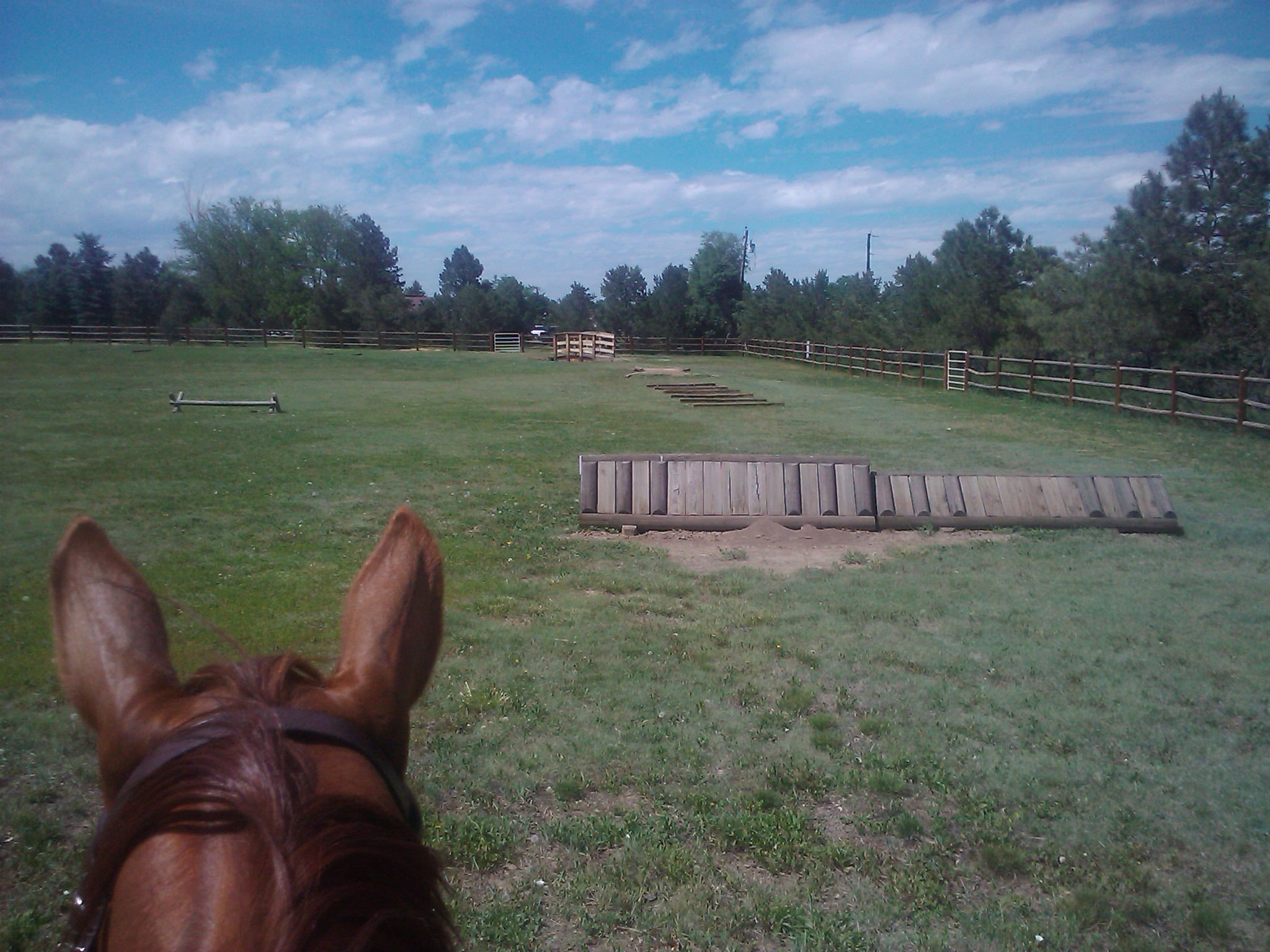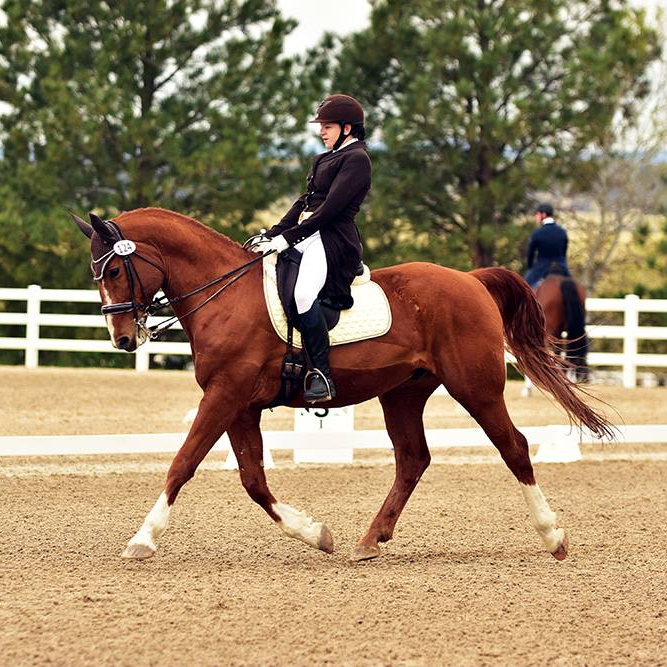Being a party in a horse lease can be tricky; whether you are the lesser or lessee. Here are some important factors to consider when deciding if leasing your horse out is right for you, or if leasing a horse is going to work for you (Horse Lease Do’s and Don’ts).
If you are the lesser, some things to consider:
- Always have a contract, always.
- Outline every detail of the lease agreement
- If clipping or hair trimming are or are not allowed, outline that. If the hooves must be picked out every ride, outline that. If you expect your tack put away a certain way, outline that. If jumping is not allowed, outline that. Never assume that your horse’s lessee will know what you want if you don’t tell them.
- Put the amount $$ per month and payment types accepted, amount of rides allowed per week or month, when payment is due by, if you require a 30 day notice of cancellation, what happens if the horse goes lame, etc.
- Explain in detail who is responsible for farrier care, routine vet care, emergency vet care, etc.
- Explain if lessons are required with the lease and if the cost is included in the lease or additional to the rider.
- When advertising your horse for lease, be honest about their abilities and the type of rider they need. It will save you time when interviewing possible lessees. Also include the important details about fees/responsibilities.
If you are the lessee, some things to consider:
- Always have a contract, always.
- Make sure you feel that everything outlined suits your needs and abilities. If you don’t want to have to help clean tack, or trim hair, make sure you find a situation that fits those needs.
- If you like a horse but cannot commit to the amount of rides or would like extra rides, have an open discussion with the horse’s owner about that, it might be negotiable.
- Make sure you are comfortable with your financial commitment. If you have to pay a lease fee and pay vet bills, make sure you understand what typical vet bills the horse may have.
- When going to look at horses, be honest with the owner about your abilities as a rider. There is nothing worse than putting someone on a horse that is a bad match for them and could be a potential safety issue.
In the grand scheme of things, there is no one lease that will match everyone’s needs. Every situation varies, the most important thing is to go into the process as educated as possible. This isn’t a complete list because leases do vary so greatly, but gives you a really good starting point if you are thinking about getting involved in a horse lease.






Leave a Reply
You must be logged in to post a comment.